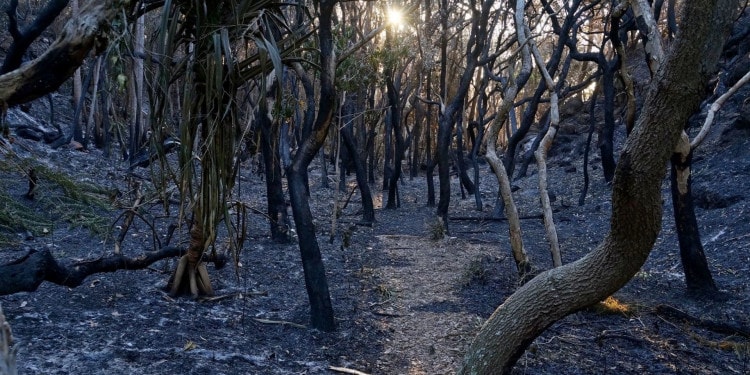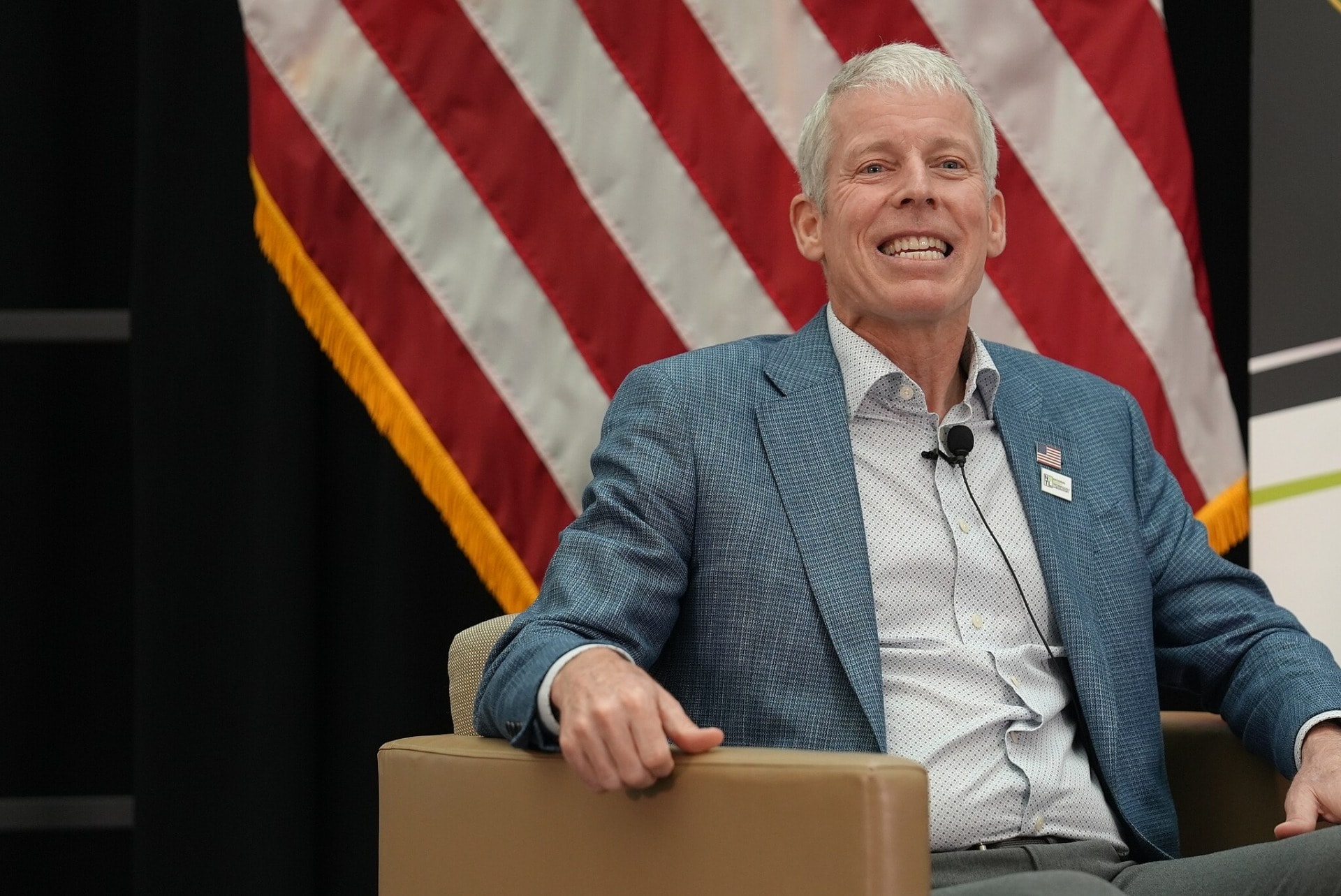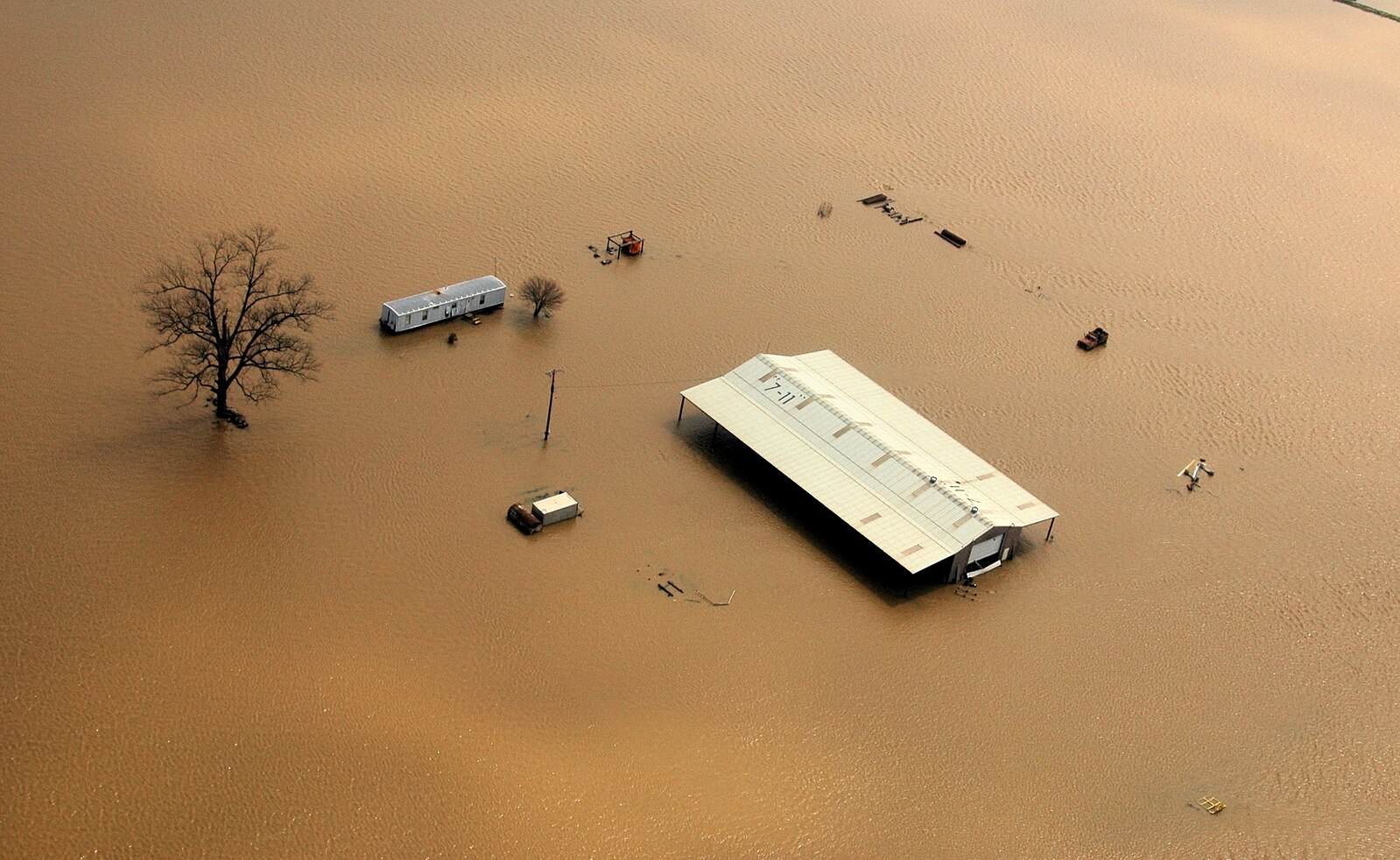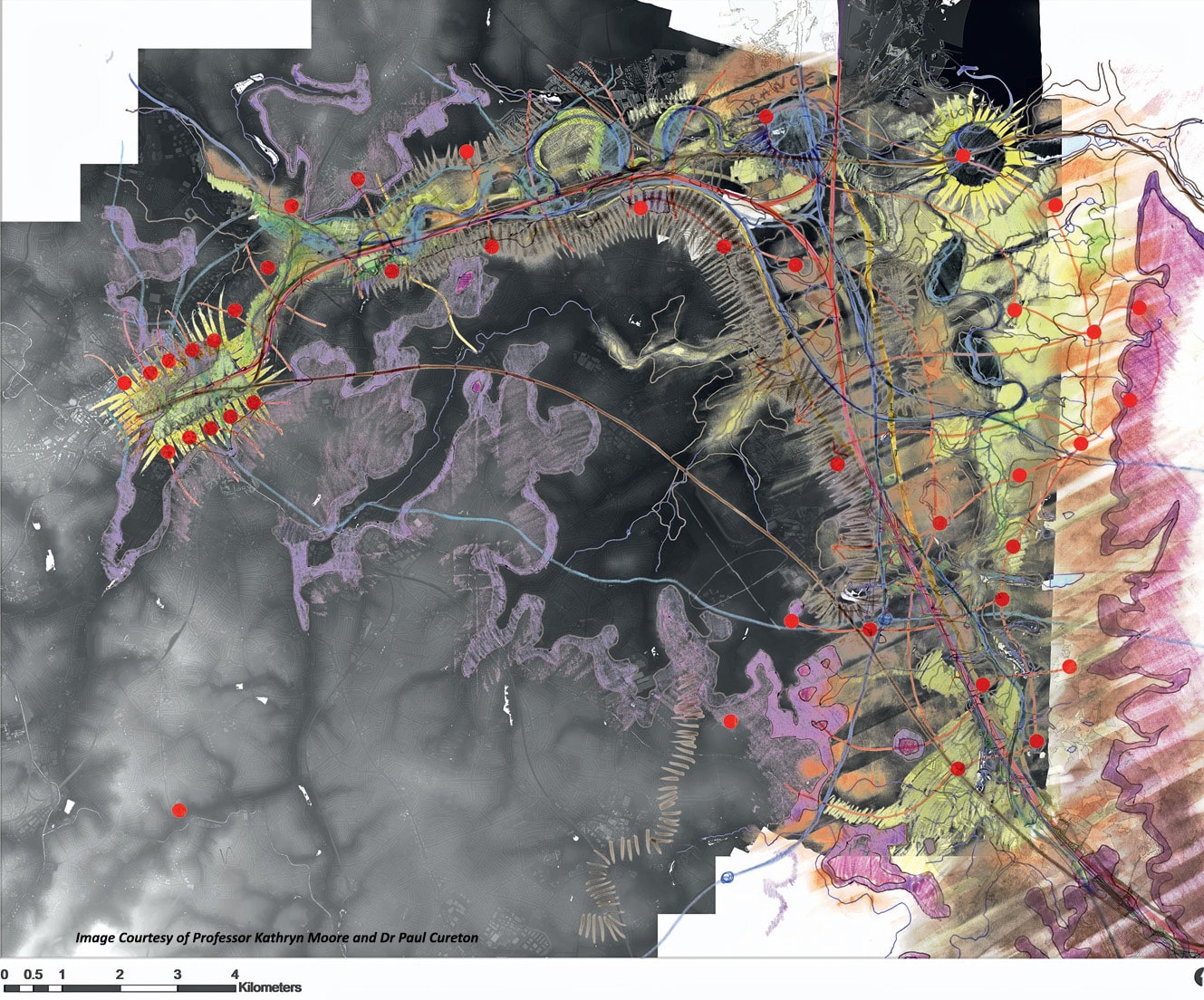Canberra, Australia, 2015. Prime Minister Tony Abbott is flanked by Immigration Minister Peter Dutton and Minister for Social Services Scott Morrison, posing for the media prior to a community roundtable to discuss the resettlement of Syrian refugees. Unbeknownst to them, an audio boom above them catches a snippet of conversation. PM Abbott compares the event’s late start to the delayed schedules they had just faced in Port Moresby where they had engaged in talks about climate change with other Pacific islands, Dutton quips, “Time doesn’t mean anything when you’re about to have water lapping at your door.” The three men share a laugh before Morrison notices the microphone above them.
This is coal, don’t be afraid. Don’t be scared.
— Australian Prime Minister Scott Morrison addressing the House of Representatives
Canberra, Australia, 2017. During a parliamentary question time, Treasurer Scott Morrison walks up to the pulpit with a lump of lacquered coal. “This is coal,” he expresses to the House of Representatives, “Don’t be afraid. Don’t be scared.” The lump of coal, donated to Morrison by the Minerals Council of Australia, is cheerfully passed around Coalition ministers as the Treasurer defends the coal-mining industry’s place in the nation’s economy, “Those opposite [the opposition] have an ideological, pathological fear of coal. There is no word for ‘coalophobia’ officially, but that is the malady that afflicts those opposite,” he continues, “Coal is an important part of our sustainable and more certain energy future.”
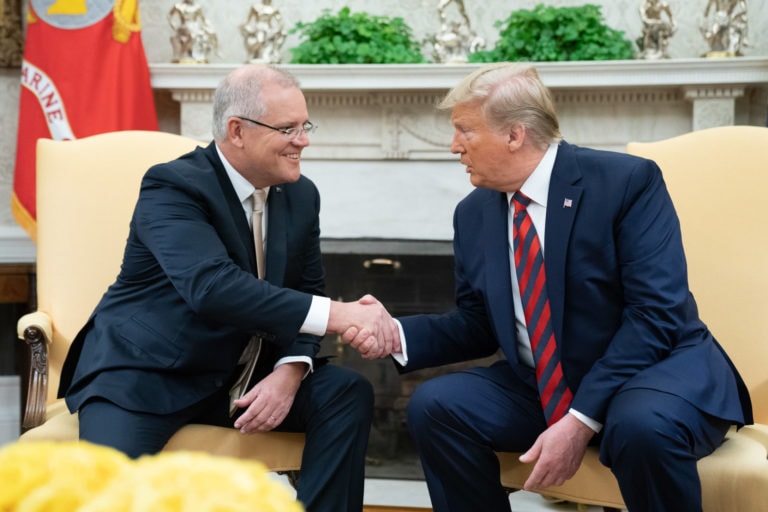
New York, U.S., 2019. Despite visiting the White House and meeting with U.S. President Donald Trump earlier in the week, PM Scott Morrison is noticeably absent from the United Nations Climate Summit in New York. The Australian contingent sent in his place told organizers that they will not be taking to the podium to announce new emissions reductions. PM Morrison will instead address the UN several days later to condemn worldwide criticism of his nation’s lackluster climate goals and inability to curb carbon emissions. “Australia’s got nothing to apologize for,” Morrison posits, “we’re doing our bit to curb climate change.” Experts disagree.
Nelligen, Australia, 2020. Australia is burning. Morrison has been criticized for going on a Hawaiian getaway during the outbreak of Australia’s largest bushfire. Heckled out of Cobargo by angry residents and accused of abandoning his citizens, the Prime Minister would be on the receiving end of a viral tirade by volunteer firefighters in Nelligen, “Stand down. You knew this was coming. It’s been coming for a few years and you’ve been totally ignorant of it and now we’re wearing your problem.” Under immense pressure from the Australian public, Morrison would for the first time acknowledge that climate change may have had a hand in exacerbating bushfires, but stopped short of providing any real solutions on how to tackle it.
https://twitter.com/vicpengilley/status/1212640487980462080?s=20
Where Do We Go From Here?
While the nation struggles to deal with the sheer size of the fires and the extent of the damage they have inflicted, politicians and the media are engaged in a war of words over who is to blame for the largest bushfire in Australian history. As pundits point towards the Rural Fire Services’ massive budget cuts as well as the Australian government’s refusal to take the threat of climate change seriously, a major talking point has been left out of the debate: years of public complacency.
Related Articles: Australian Bushfires Continue to Wreak Havoc | Time to Act? Australia’s Feeble Commitment to Curbing Emissions
Scientific facts have often been dismissed by Australia’s right-wing Liberal party, yet they have rarely been held accountable for it by voters. In power since 2013 after the progressive Labor government was narrowly ousted at the polls, the Australian Liberal Party has continuously downplayed the impacts of climate change. Voters have stood by them despite the government censoring international reports, holding back environmental data, redirecting renewable energy funds towards building coal power plants and pushing for the opening of the world’s largest open-air coal mine.
Thanks to the help of the conservative-friendly Murdoch media empire and increasingly authoritarian actions taken against protesters and journalists alike, the Liberal Party has retained control of the Australian parliament through two elections. However, these bushfires may have proved to be a catalyst for change — they certainly need to be.
A Need for Accountability
Australia’s devastating bushfires have punctuated an era of political complacency that has taken hold globally — an era during which scientists have repeatedly warned governments of the increasing risks posed by climate change on the environment. While some progress has been made and nations seek to mitigate impacts, more can be done, more needs to be done. Globally, we are currently not meeting the climate goals set out during the Paris Agreement. The longer it takes for nations to embrace sustainable development, the more dire consequences will be for future generations.
https://twitter.com/DrMuneeraBano/status/1213797116163903490?s=20
Until recently, island nations were facing the brunt of climate change impacts. However, as the record-setting fires in Australia, floods in Indonesia, heatwaves in Europe and loss of ice in the Polar regions remind us, climate change is a global phenomenon which needs a global solution. If politicians are to be elected to lead their countries, they should do so with an eye on their legacy to future generations and to give their citizens the best possible outcomes, not short-term gain and capital. The Australian Coalition Government that has been in power since 2013 has shown zero leadership, zero accountability and zero indication of changing.
Let 2020 become the year where the era of political complacency is left by the wayside. The year where politicians are held accountable. The year scientific facts aren’t dismissed as a partisan issue.
Let 2020 become the year where the era of political complacency is left by the wayside. The year where politicians are held accountable. The year scientific facts aren’t dismissed as a partisan issue. The year climate action is pushed to the forefront of policy. The year the public in Australia and abroad truly uses their electoral power to elect true leaders.


